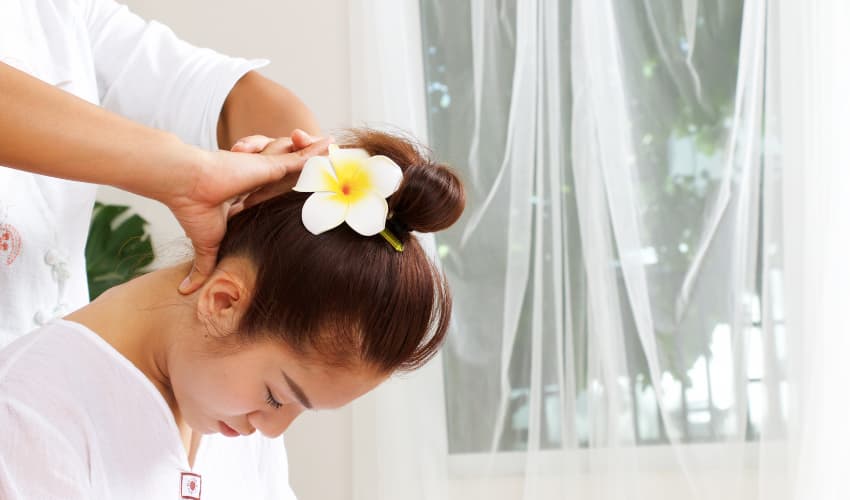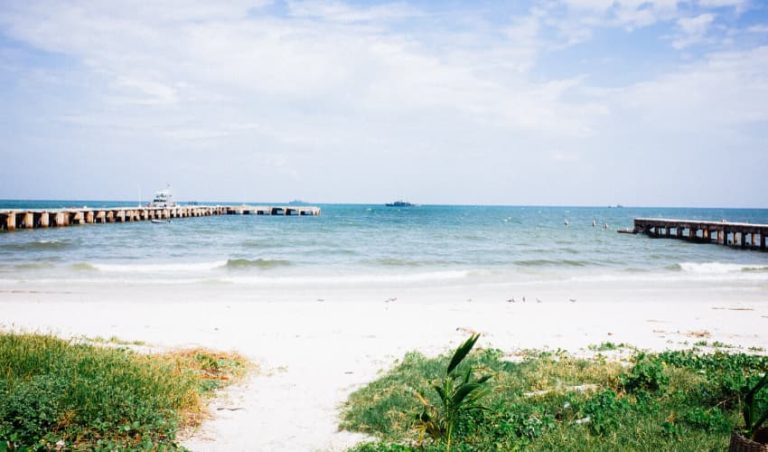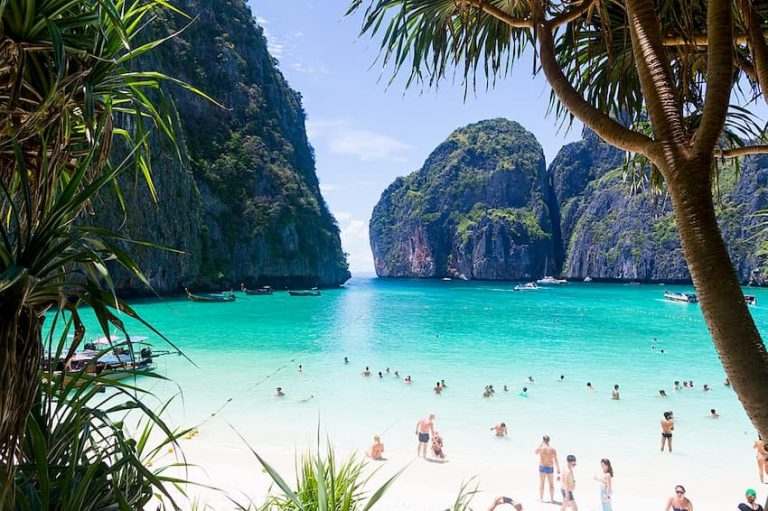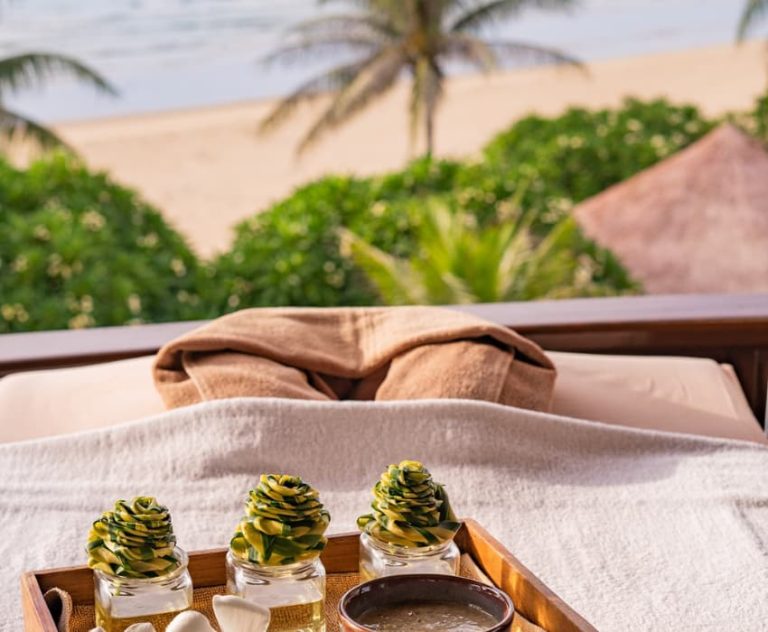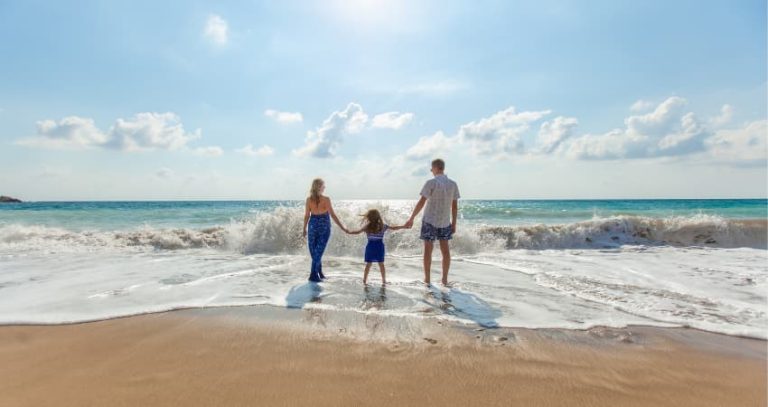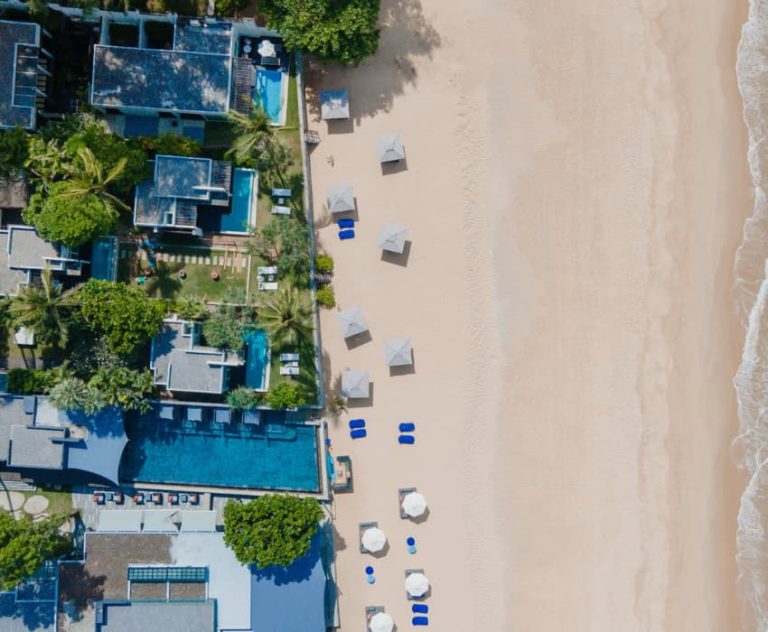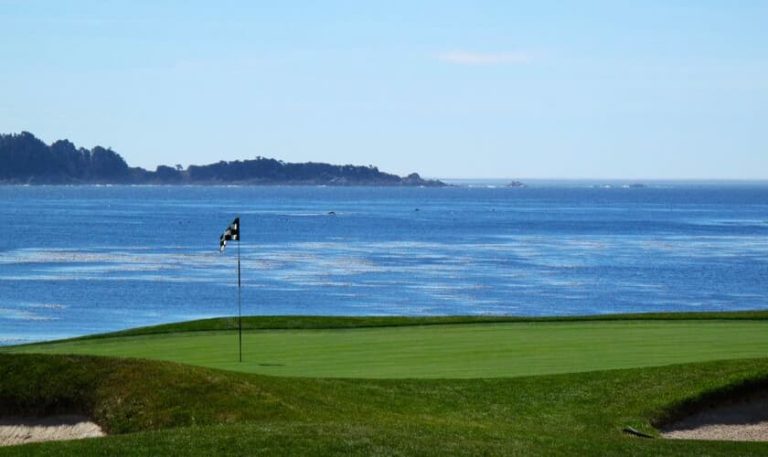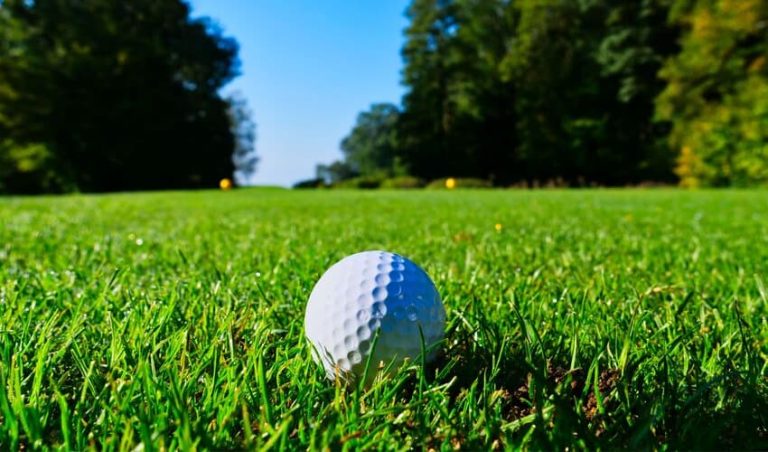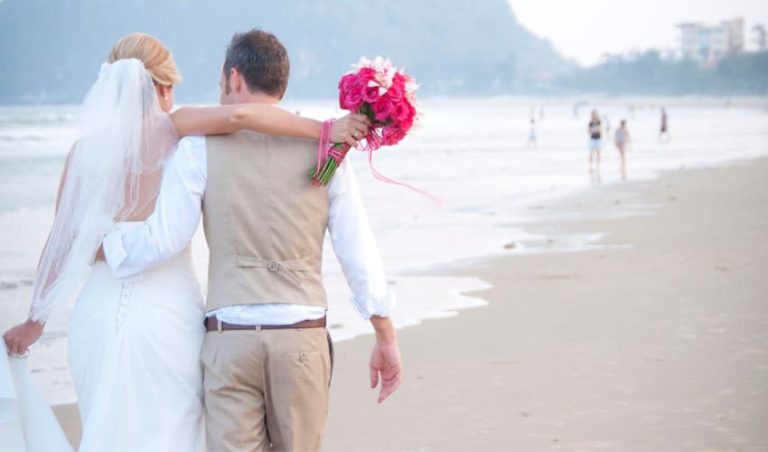Thai massage uses pulling and stretching techniques to help relieve tension and muscle soreness. Thai massage takes cues from traditional Chinese medicine and Ayurvedic medicine from India. Thai massage may seem similar to yoga or the techniques used by chiropractors to help increase the range of motion of the joints in the body.
History of Thai Massage
It is believed that Thai massage originated in Northern India more than 2,500 years ago from a man named Jivaka Komarabhacca, which is sometimes listed as Jivaka Komara Bhacca or Shivago Kompara. Jivaka Komarabhacca was a well-respected physician mentioned in Buddhist texts after becoming Buddha’s friend and personal doctor. He is considered to be the father or creator of traditional Buddhist medicine as well as traditional Thai medicine. It is believed to be mentioned in Buddhist texts after becoming Buddha’s friend and in personal writings that mentioned Jivaka Komarabhacca and his massage and wellness techniques. He is often thanked and honoured with a short prayer before Thai massages begin.
Thai massage has historically been considered a spiritual and medical practice, not just simply a way to help people relax and manage their stress levels. Like Yoga and Ayurveda, it involves the belief that there are energy lines along the body called Prana Nadis and pressure points, responsible for the body’s health and well-being. It is believed that sickness can result when the energy along these lines is not flowing correctly. Therefore, practitioners have historically had to learn Thai massage in a Buddhist temple. More recently, however, massage facilities outside of Buddhist temples have begun teaching Thai massage.
Thai Massage in Thailand
Thai massage has been practised in Thailand for many millennia, or as soon as the Buddhist texts reached the royal court of Thailand. Of course, traditional Thai medicine isn’t just royal; it’s also rural. Rural conventional medicine has been passed down verbally from generation to generation. In contrast, the royal traditional Thai medicine is more formal and seems to draw its roots from the traditional healing arts of India, China and the Muslim cultures.
While Thai massage has its roots in other cultures, it’s been practised and perfected over several thousand years in Thailand. Today, a licensed practitioner of Thai massage in Thailand must complete 800 hours of training, get a license and register with the Department of Health Service’s Support, which is under the Public Health Ministry.
Thai Massage Versus Western Massages
Thai massage differs from Western Massage, including Swedish, deep tissue and sports. The massage involves only the massage therapist’s hands and fingers, along with varying pressure on the muscles, ligaments and tendons. The massage therapist then asks them which scent of massage oil they’d prefer or if they’d like an unscented oil. The warmed oil is then placed on the individual’s body and worked into the skin during the massage. Western massages do not include any spirituality.
Thai massage does not involve the use of any oils. Therefore, it is known as a dry massage. Instead, the individual receiving the Thai massage remains fully clothed. Just before the massage, a short ceremony called the Wai Cru, which gives thanks and pays respect to all the teachers of the particular art, may be said. The practitioner may also perform a meditative prayer called the Puja just before your arrival or at the beginning of the massage. The Puja is a contemplative prayer used to centre the body and mind, and it is said that the best Thai massages are from practitioners who centre themselves first.
Once the prayers and ceremonies are complete, the individual is asked to lie on a mat on the floor or a short platform. The practitioner then begins the massage. The massage itself involves assisted stretches and exercises, which closely resemble Yoga, or in this case; it might be referred to as applied Hatha Yoga. During the massage, the practitioner may use their hands, forearms, fingers and feet and rocking motions. The spiritual goal of the massage is to promote health and wellness by freeing blocked energy along the Prada Nanis.
Benefits of Thai Massage
Thai massage offers many physical, mental and spiritual benefits and is excellent for feeling relaxed and refreshed.
1. Improves Circulation
Thai massage helps improve blood flow through movement. The stretches and exercises performed with the aid of the Thai practitioner increase blood flow and oxygenation throughout the body.
2. Helps Relax Muscles and Relieve Pain
Traditional Thai massage’s primary benefit is its ability to help relieve muscle pain and soreness, including back pain. The exercises stretch and pressure point manipulation can help reduce tight spots in the muscles while promoting blood flow.
3. Improves Flexibility and Range of Motion
Thai massage helps improve flexibility and range of motion. It is believed to help these items by increasing blood flow and oxygenation to the muscles via assisted stretches.
4. Helps Relieve Headaches
If you have tension headaches or migraines, Thai massage can help reduce the intensity and frequency. This is because it promotes blood flow and relaxes the muscles, including the muscles in the neck and shoulders.
5. Helps Promote Mental Calmness
If you have anxiety, you may benefit from Thai massage. This is because it helps quiet and relaxes the mind and body.
6. Helps Improve Energy Levels
Thai massage’s active and assisted stretching and movements may help improve your energy levels. This is attributed to the fact that it’s a lot like assisted yoga and can help get you moving.
7. Improves Quality of Sleep
Individuals who get Thai massages regularly may report better sleep quality and feel more rested in the morning.
When Thai Massage is not Suitable
While the benefits of Thai massage are numerous, individuals with certain conditions may not make good candidates. Thai massage isn’t typically recommended for pregnant women and individuals who have a history of high blood pressure or diabetes. Individuals who have cancer, recent surgeries, open wounds, bleeding disorders, take blood thinners, have deep vein thrombosis, or have certain spinal conditions should also not get a Thai massage until they discuss it with their doctor. Their doctor clears them for the session.
Thai Massage at Ayurah Spa & Wellness Centre’s
Ayurah Spa & Wellness centre offers a mind-balanced, body-rejuvenated journey of well-being. Ayurah Spa is a sanctuary that takes a results-oriented approach to wellness with rejuvenating spa treatments and therapies.
Wellness is a journey, an evolving process of the current condition of the mind, body and spirit. Ayurah Spa looks forward to supporting you in your quest for optimal relaxation, health and wellness.
Locations:
Ayurah Wellness also offers world-class holistic wellness retreats, mindfulness meditation, tailor-made programs, and wellness cuisine.
Related Articles
- Healing Massage Therapy in Pranburi
- Thai Yoga Massage for Holistic Health & Wellness
- Lanna Massage for Balancing Mind, Body, and Spirit
- Well Being Massage Therapy in Phang Nga
- Ayurvedic Principles of Thai Massage
Aleenta Retreat
Chiang Mai
Chiang Mai
189 Soi Ban Mai Lang Mo 18,
Suthep, Muang Chiang Mai District,
Chiang Mai 50200
T: +66 (0)52 090 333

